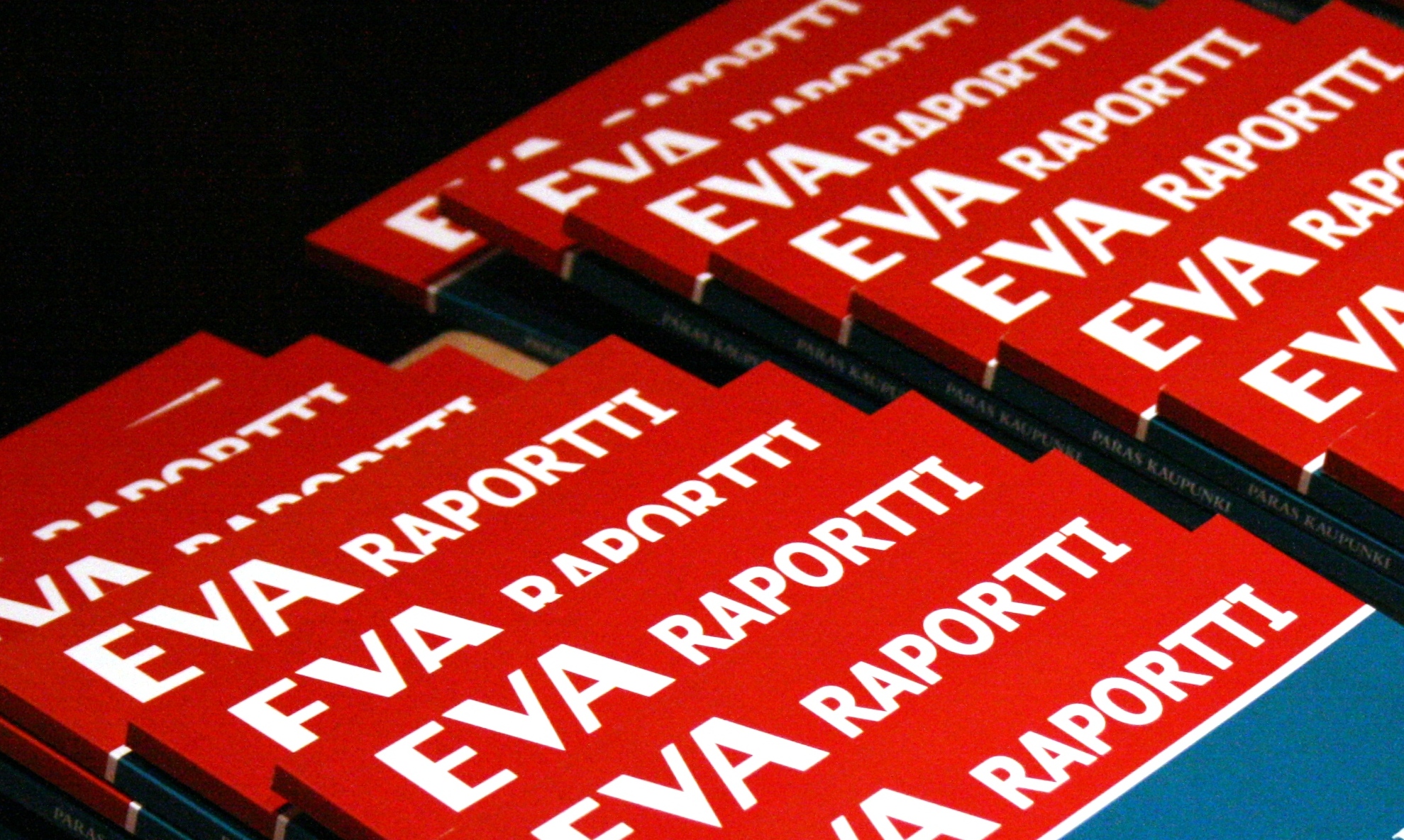
Can you stand it?
Young Finns have grown up in a welfare state, which has guaranteed them an income, healthcare and free education. Nevertheless, academic young people born for success feel exhausted before they even have entered working life. The numbers of patients in university healthcare are greater than ever before.
What does this phenomenon signify?
Young people do not embark upon their careers with confidence: university graduates in particular believe that the increasingly stringent demands of working life cause people to burn themselves out in the middle of their careers. But is the reason really concealed in the challenges of work, or is the background of the problem rather a combination of unrealistic expectations and the unreasonable goals set by the young people themselves?
Academic young people are part of a new generation of employees, which are replacing the baby boomers, to lead the worlds of business, politics and the economy. What happens if the responsibility for the upkeep of society is transferred onto the shoulders of a group of people who are already burned out? Is there a risk of this phenomenon of exhaustion swelling into a social and economic problem – or is it perhaps just a question of a passing epidemic or trendy ailment?
This report looks at 20-35 year-old university students and academic young people who are already working, and their attitudes towards working and work exhaustion. The report charts young people’s work-related expectations, ideals and goals, and considers the nature and consequences of this phenomenon of exhaustion. The report also examines the problem from the point of view of the employer. The underpinning claim is that it is not so much a question of work exhaustion as everyday exhaustion caused by the excessive demands of life in general.
The author of the report is the former Member of Parliament, Kirsi Piha M.Sc. (Econ.). Contributions are also made by Tommi Laitio, a student of political science and Chairman of the National Union of Students in Finland in 2003, and by Minister Christoffer Taxell.
This report is in Finnish.
Attachment: 407_kestaako_paa.pdf
Kirsi Piha